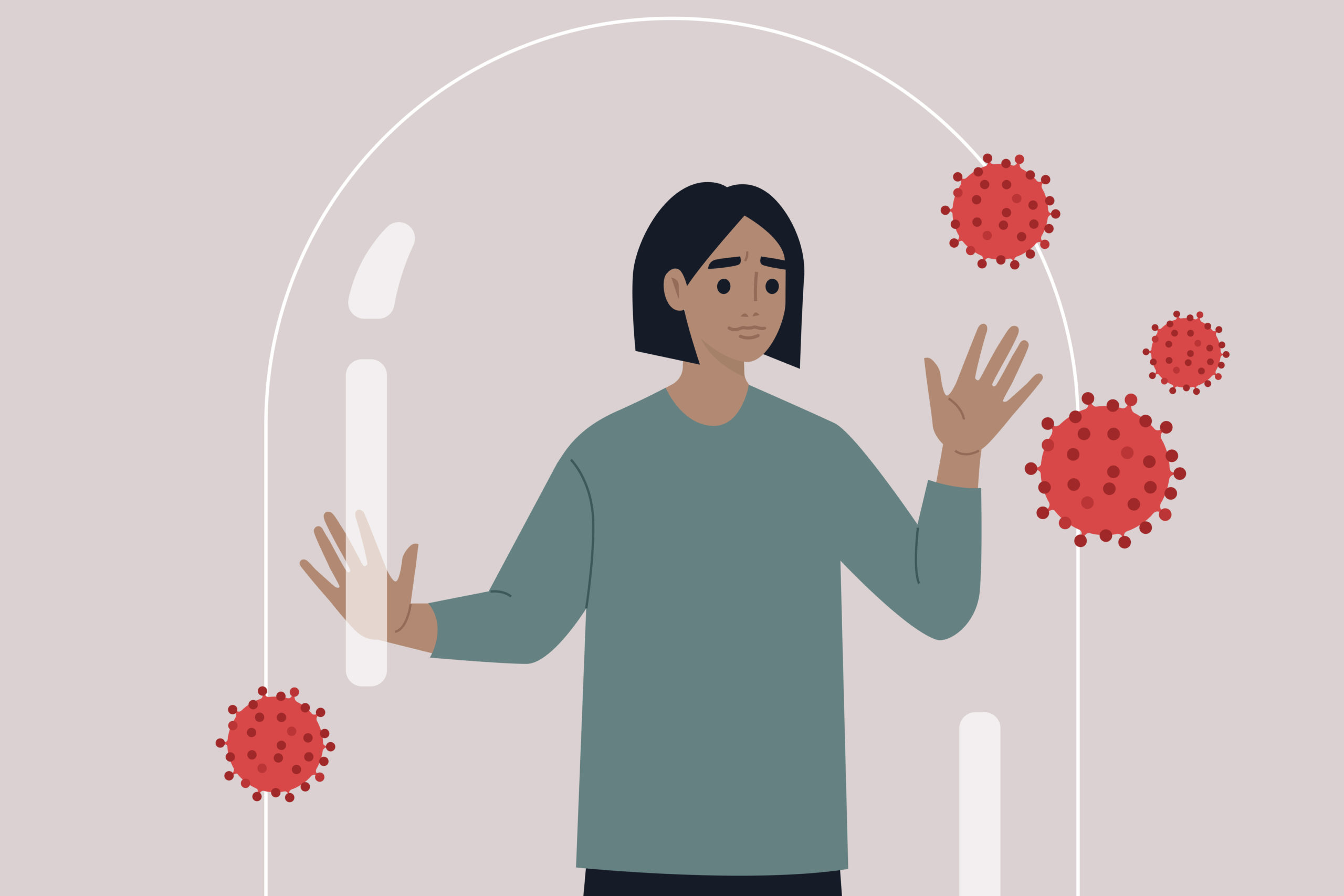More and more middle-aged people are embracing healthy lifestyles and self-care, but lurking behind this there is also a climbing rate in midlife suicides. Thousands of people in the UK take their own life every day in the UK. The rates are a shocking 6,000 suicides a year, which is nearly one death every two hours. Middle-age people are the highest growing group, a fact that is touching many of our lives and I have sadly experienced many times over the last few years. The increasing struggle to copy was highlighted again at my Gym yesterday as I found out one of my gym buddies had taken his own life. For over a decade I had sat opposite him in spin and joked as usual with him a few days earlier about his ‘Starsky and Hutch’ style leather coat he wore to the gym every day. Unfortunately, behind the gym smiles was an untold story that we are only now hearing.
Statistics from the Samaritans 2018 annual report highlight that its something we all need to be addressing.
- There were 6,213 suicides in the UK and Ireland in 2017
- In the UK, men are three times as likely to take their own lives than women.
- In Ireland, men are four times as likely.
- The highest suicide rate in the UK was men aged 45-49.
- In the US, rates have increased by 60% for women and 37% for men between 2000 and 2016
High Midlife Suicide Rate
Kate Spade (55), celebrity chef Anthony Bourdain (61), comedian Robin Williams (63), designer L’Wren Scott (49) – we’re continually reminded that midlifers are at risk. For every middle-aged person who dies by suicide, there are 161 midlife people who think serious about doing it. For every suicide every year there are over 100 others who try. Many people struggle to cope at one point or another of their lives, but midlife can be a particularly vulnerable time. Divorce, family loss, being a carer, bereavement, empty nesting, social pressure, financial hardships and health issues like menopause can all put a strain on midlifers.
Signs To Look Out For
So how can we help more? There are many signs to look out for when it comes to the mental health of those close to us. Of course, the signs are different in everyone and are not always obvious.
- Feeling depressed or anxious
- Withdrawing from people
- Loss of interest in hobbies, work, socializing, or appearance
- Expressing feelings of hopelessness
- Using alcohol or drugs to cope
- Acting impulsively like they don’t care what happens
- Giving away possessions or sorting out their affairs.
- Talking about suicide, death, drying or wanting it to end.
- Going through difficult situations like relationship problems, bereavement, financial worries, pressure or stress from work
How Can We Help
Check for the signs that someone is not coping, and if you are concerned, one of the best things we can do is listen, intently and non-judgmentally. Ask them how they are, encourage them to talk about their feelings and get help. There are many charities who are on hand to help, including the Samaritans and specialist organisations for those with a specific problem. If you are particularly worried you can also contact the Samaritans on the person’s behalf, and they won’t tell that person it was you if you would rather keep it secret. One of the best things we can do is listen intently and non judgmentally.
It can be a difficult and upsetting thing to talk about, but being there for each other and taking care of each other is important. Even if you are not concerned about them committing suicide, reach out to those you know are going through difficult situations and may need some extra support. You never know who is struggling, so keep yourself open to talking about feelings with those that may need to open up. Most of all let’s just be there for each other as much as we can.
By Louise Proddow
If you’re struggling or know someone who is, here are some people to call:
C.A.L.M – national helpline for men
Call – 0800 58 58 58
Samaritans 24/7 Support –
Call – 116 123
Papyrus – dedicated support for young people (under 35)
Call – 0800 068 4141
Text – 07786 209697
NHS Choices – Mental health support and advice
Call – 111





